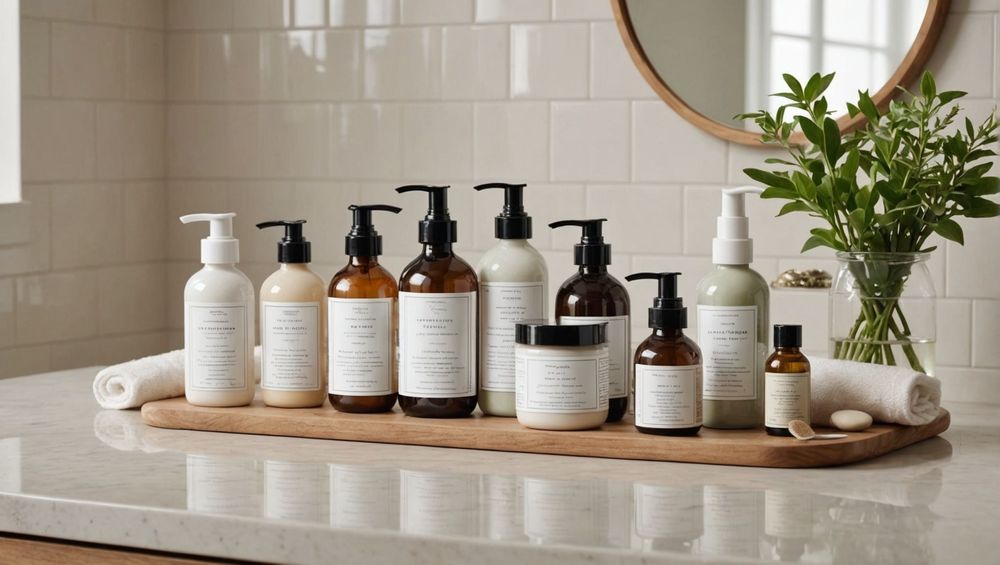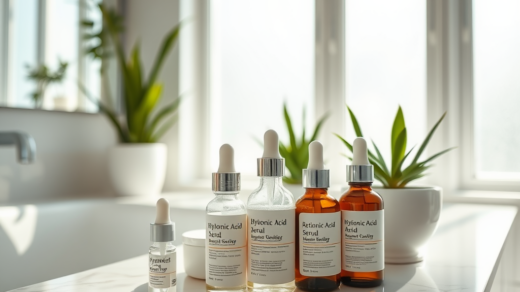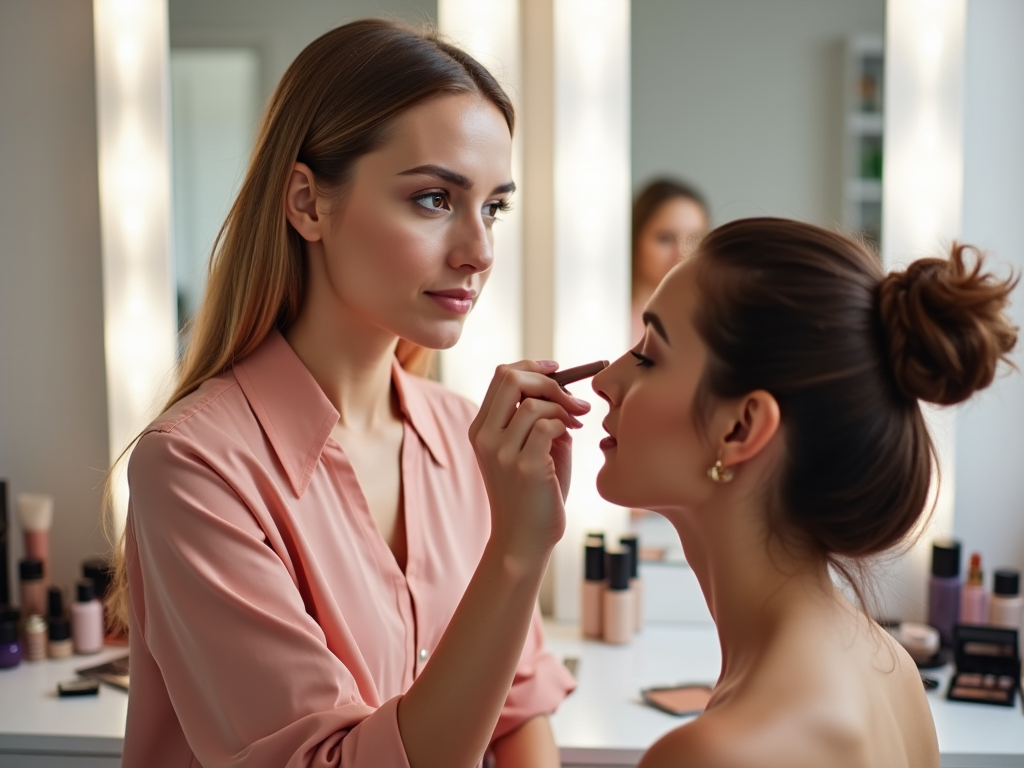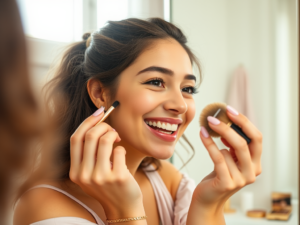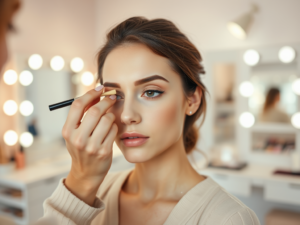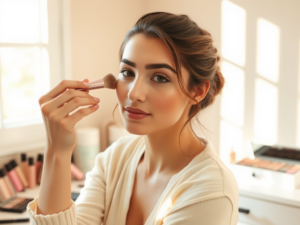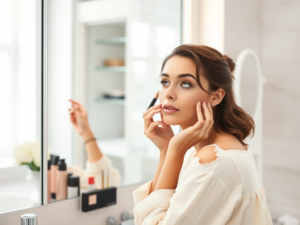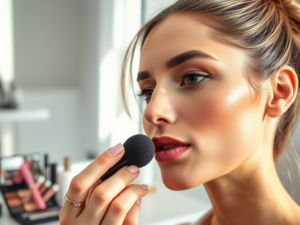The Ultimate Guide to a Nighttime Skincare Routine: Why It Matters
Your skin undergoes a remarkable transformation at night, working hard to repair and rejuvenate itself as you sleep. However, many people overlook the importance of a dedicated nighttime skincare routine, often believing that their daytime regimen suffices. The truth is, implementing a nightly ritual can significantly enhance your skin’s appearance and health. From cellular repair to moisture retention, the benefits of a well-structured nighttime routine are substantial and scientifically backed. With environmental factors and daily stresses taking a toll, your skin deserves a little extra TLC while you dream. In this guide, we’ll explore how to craft the ideal nighttime skincare regimen tailored to your unique skin needs.
The Importance of Skincare at Night
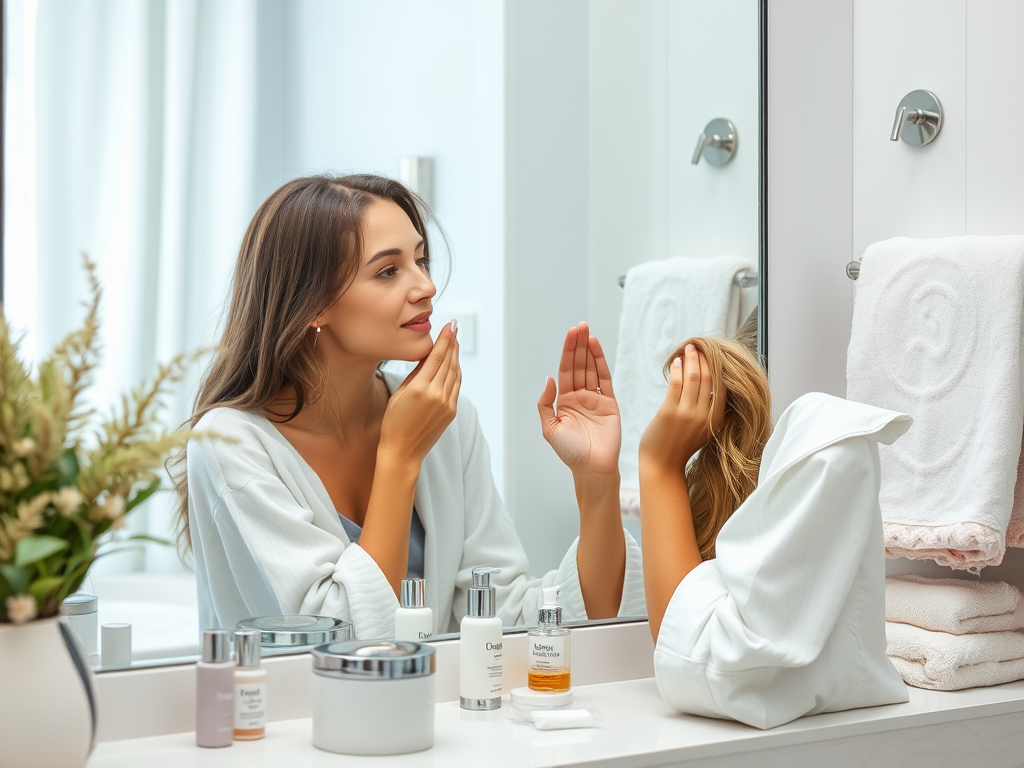
The skin’s natural repair cycle kicks into high gear when the sun sets, making nighttime skincare essential. During these hours, your skin is most receptive to products, allowing them to penetrate deeply and effectively. In fact, research suggests that the skin absorbs ingredients more efficiently at night due to lower levels of exposure to external factors. Not only does this make nighttime the best time for cleansing and moisturizing, but it also opens the door to using potent treatments like retinols and serums. Moreover, as you sleep, skin cells regenerate and turnover increases, providing a unique opportunity for repairing daily damage. With this knowledge, it becomes clear that creating a dedicated routine before bedtime is crucial for your skin’s health.
During sleep, various biological processes are activated to restore and heal the skin. Hormones such as melatonin and growth hormone are released, fostering an environment for skin repair. These biological reactions contribute to reduced inflammation and improved hydration levels, essential components for maintaining skin elasticity. As these processes unfold, your nighttime skincare application can significantly enhance the results. You’ll find that with the right products applied at this time, you wake up with a more radiant and refreshed complexion. Hence, understanding this cycle reinforces the importance of committing to a nighttime skincare routine.
Key Components of a Nighttime Skincare Routine
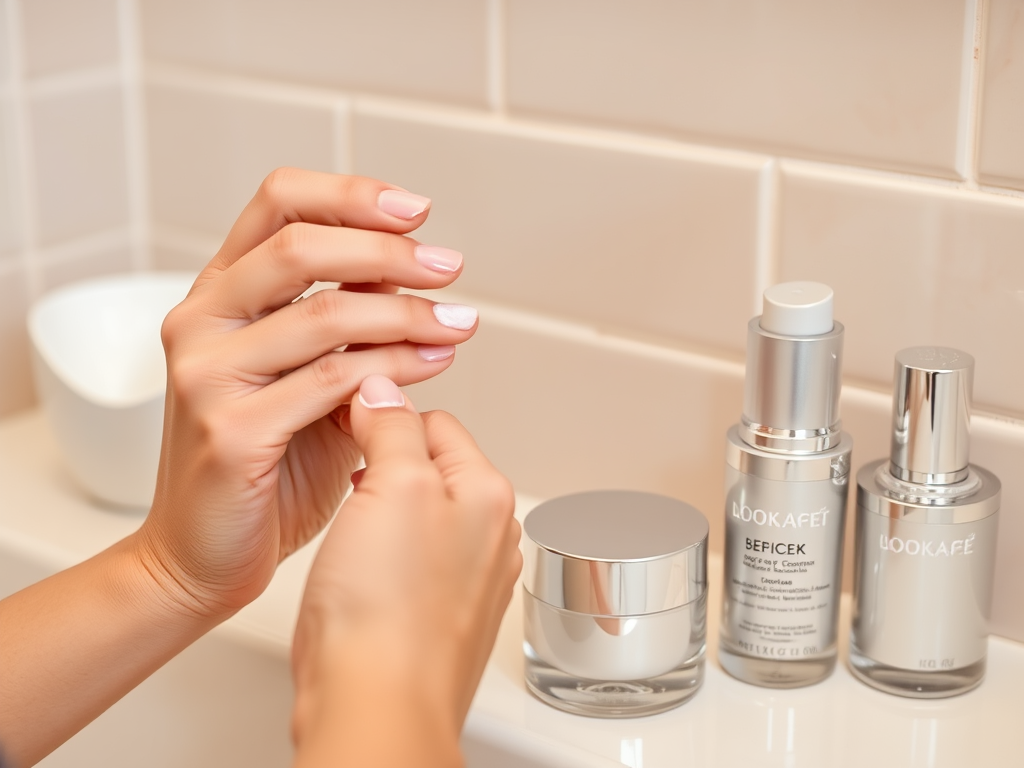
Every effective nighttime routine includes essential components that work together to revitalize your skin. The first and foremost is cleansing, which prepares the skin for the subsequent steps by removing makeup, dirt, and impurities that accumulate during the day. Following cleansing, toner acts to restore pH balance while providing hydration, laying the groundwork for your treatments and serums. Next comes the targeted treatments, designed to address specific concerns like acne, hyperpigmentation, or aging. After that, applying a high-quality moisturizer helps seal in moisture and locks in benefits from earlier products. Lastly, an eye cream is vital for addressing delicate areas that are prone to puffiness and dark circles. Overall, let’s break down these key components:
- Cleansing: Removes impurities and prepares the skin for better absorption.
- Toning: Balances skin pH and adds extra hydration.
- Treatments and Serums: Target specific skin concerns.
- Moisturizing: Seals in hydration and strengthens the barrier.
- Eye Cream: Addresses puffiness and fine lines.
| Step | Purpose | Key Ingredients |
|---|---|---|
| Cleansing | Remove impurities | Glycolic acid, Salicylic acid |
| Toning | Restore pH balance | Rosewater, Witch hazel |
| Treatments | Target specific concerns | Retinol, Vitamin C |
| Moisturizing | Seal in hydration | Hyaluronic acid, Ceramides |
| Eye Cream | Address puffiness | Caffeine, Peptides |
Understanding these components can help tailor your nighttime regimen according to your specific skin type and concerns.
Customized Routines for Different Skin Types
Not all skin is created equal, and as such, customizing your nighttime routine is imperative for optimal results. Oily skin, for instance, benefits from lightweight, oil-free products and targeted treatments focused on exfoliation. On the opposite end of the spectrum, those with dry skin need a regimen rich in hydration from creamy moisturizers and nourishing oils. Combination skin requires a balanced approach where you might use oil-control products in the T-zone while employing richer creams on drier areas. For individuals with sensitive skin, it’s essential to choose fragrance-free and hypoallergenic products to reduce irritation. Being aware of your skin’s unique needs will help you choose the best products for an effective nighttime routine:
- Oily Skin: Lightweight, oil-free formulations.
- Dry Skin: Creamy, hydrating products.
- Combination Skin: Targeted treatments for each area.
- Sensitive Skin: Fragrance-free, gentle formulas.
The Role of Lifestyle Factors
Beyond products, various lifestyle factors can contribute to the success of your nighttime skincare routine. Diet plays a significant role; a well-rounded diet rich in vitamins and antioxidants can enhance your skin’s health from the inside out. Hydration is also essential; ensure you drink enough water throughout the day, as it directly impacts skin moisture levels. Sleep quality is another critical factor. Establishing a calming bedtime routine can improve both your skin health and the quality of your sleep. Practices like meditation, reading, or gentle stretching can help your mind unwind and prepare your body for restorative sleep. By making these lifestyle adjustments, you can support your skin’s nighttime healing processes.
Conclusion
Overall, adopting a nighttime skincare routine is not merely a beauty trend; it’s a necessity for maintaining and enhancing skin health. By understanding how your skin functions during the night and implementing the right habits, you can pave the way for a vibrant and youthful appearance. The key lies in consistency and knowing your unique skin needs; by following the step-by-step guidance provided in this guide, you can turn your nightly ritual into a luxurious experience that pays off with time. Invest in your skin while you sleep, and you’ll wake up to the radiant results you’ve been dreaming of.
Frequently Asked Questions
- How long should my nighttime routine take? Aim for about 10-15 minutes to allow time for each step without feeling rushed.
- Can I skip cleansing if I didn’t wear makeup? No, cleansing removes daily pollutants and impurities, making it essential even without makeup.
- Is it necessary to use an eye cream? While not mandatory, eye cream can help specifically target concerns like puffiness and fine lines.
- How often should I use treatments or serums? It depends on the product; start with two to three times a week and adjust based on your skin’s reaction.
- Can I use the same products in the morning and night? Generally, yes, but you may want to use lighter products in the morning to allow for day-to-day activities. Consider including SPF during the day.
